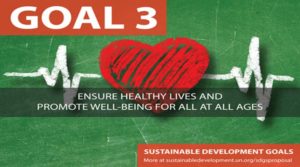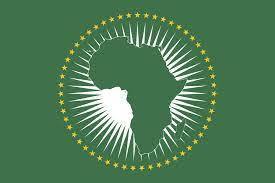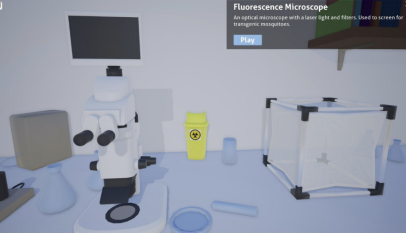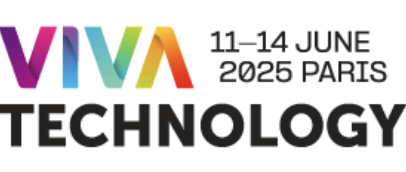OP-ED: Financing healthy futures to meet the SDGs, By Mariam Claeson

Global health is rapidly changing. Often we influence and affect those developments, and sometimes, we do so successfully through learning based on evidence of what works. One of the lessons learned is that we can accomplish more when we work together toward common goals, aligning our resources and bringing complementary competencies, skills and experiences.
Our partnerships are paramount as countries face one of their greatest challenges: Saving and improving the lives of women, children and adolescents everywhere. Still, 300,000 mothers and 2.8 million newborns die annually. 1 million of them die on their birthdays. Almost all of these deaths occur in poor communities and most of them are preventable.
Last month, Senegal’s Minister of Health Awa Marie Coll-Seck issued a statement shared at the World Economic Forum in Davos, Switzerland, emphasizing how a public-private partnership in Senegal helped ensure that contraceptives reached women who did not previously have access through a supply system that reaches the last mile. Doing so consistently made a difference. These contraceptives help women and men safely plan their families and boost families’ economic prospects, as well as the country’s prospects.
With the support of MSD for Mothers and the Bill & Melinda Gates Foundation, working through IntraHealth International and other partners, stock outs in health facilities fell significantly, and the contraceptive prevalence rate almost doubled, from 12 percent in 2012 to more than 21 percent in 2015.
This is an example of a government-led effort to tackle a health services delivery problem in partnership with the private sector developing and deploying the solution. To further scale and sustain these lifesaving efforts, the Senegalese government will use the Global Financing Facility to expand the supply system and distribute other life-saving interventions for mothers and children under 5, including vaccines and medicines for malaria, HIV/AIDS and tuberculosis. Through the GFF, the many partners who work in health come together to align their support for greater impact, with the government also contributing its domestic resources.
Many of the world’s poorest countries, with many dollars from donors, have made progress toward improving the health of their people in recent decades. But their efforts are unprepared for today and for the future without a more coordinated — and country-driven — effort to reach the communities in greatest need with high-impact health interventions. Efforts will also need to focus on those critical social determinants of health that will save and improve many more lives for generations to come. Many countries are beginning to prepare for a future in which they must increasingly finance the health demands of their people, especially those with the greatest needs.
The GFF helps provide smart, scaled and sustained funding by supporting countries to identify and prioritize high-impact interventions for reproductive, maternal, newborn, child and adolescent health and nutrition, through approaches that ensure more equitable access. It reduces the financial gap through a combination of domestic resources, funds from donors aligning their investments, private sector financing and concessional lending, with the GFF Trust Fund linked to World Bank financing.
In this new development era of the Sustainable Development Goals, countries are charting a healthier future for women, children and adolescents through the GFF partnership. The World Bank Group, the Bill & Melinda Gates Foundation, Gavi, the Vaccine Alliance, and the Global Fund to Fight AIDS, Tuberculosis and Malaria, along with the private sector and government donors such as Canada and Norway are aligning their funding, in partnership with the United Nations, to support one country-driven investment case and strategy that strengthens the health system by focusing on high-impact, fiscally efficient solutions, like the one described in Senegal.
MSD for Mothers recently announced a $10 million commitment to the GFF Trust Fund — the first from the private sector — which will be used for innovative financing and public-private partnerships to scale up high-impact interventions to help women and children survive and thrive through the critical periods of life: birth, the early years and adolescence.
With leadership and partnerships like these, countries will make a much greater impact on the lives of their most vulnerable citizens. Together, we can go further, faster and finance much healthier futures.
Source: devex.com












